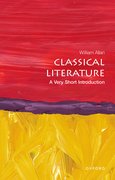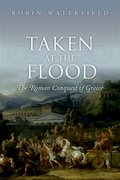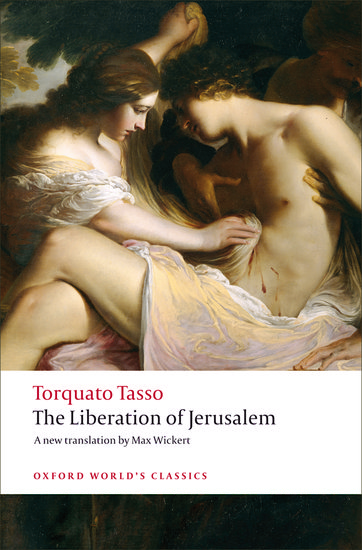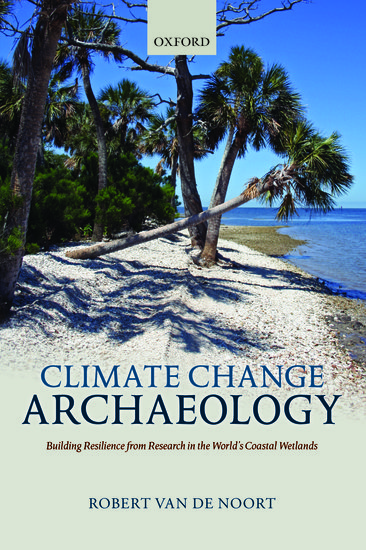By Robin Waterfield
The region known as Illyris (Albania and Dalmatia, in today’s terms) was regarded at the time as a barbarian place, only semi-civilized by contact with its Greek and Macedonian neighbours. It was occupied by a number of different tribes, linked by a common culture and language (a cousin of Thracian). From time to time, one of these tribes gained a degree of dominance over some or most of the rest, but never over all of them at once. Contact with the Greek world had led to a degree of urbanization, especially in the south and along the coast, but the region still essentially consisted of many minor tribal dynasts with networks of loyalty. At the time in question, the Ardiaei were the leading tribe, and in the 230s their king, Agron, had forged a kind of union, the chief plank of which was alliances with other local magnates from central Illyris, such as Demetrius, Greek lord of the wealthy island of Pharos, and Scerdilaidas, chief of the Illyrian Labeatae.











